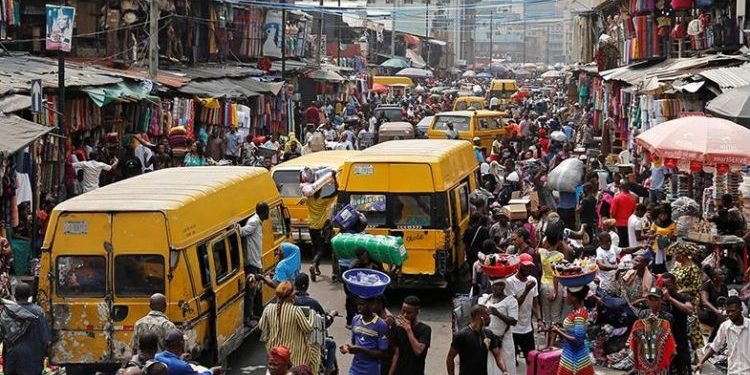The scarcity of Premium Motor Spirit also known as petrol in Abuja persisted on Tuesday, leading to an over 100 percent rise in transport fares in many parts of the nation’s capital.
Motorists still besieged the few filling stations that dispensed PMS in Abuja and neighboring Nasarawa and Niger states on Tuesday, as many outlets in Nasarawa and other states sold the commodity at N200/litre and above.
This was in contrast to the Federal Government’s approved pump price of N162-N165/litre. In Abuja, black marketers freely sold petrol at N400/litre and above. The National Public Relations Officer, Independent Petroleum Marketers Association of Nigeria, Chief Ukadike Chinedu, told one of our correspondents that the price of petrol in Port Harcourt, Rivers State, was above N200/litre in filling stations.
“The queues in Port Harcourt are clearing out and filling stations sell at N200 and above for a litre of petrol,” he said.In Ilorin, Kwara State, the transportation situation grew worse on Tuesday, as petrol scarcity continued. Many petrol stations locked their gates, as only a few outlets, such as Bovas and the NNPC dispensed petrol to motorists at the approved price of N162/litre amidst long queues.
Hundreds of roadside petrol black marketers were also sighted in various locations within the Federal Capital Territory, trading the commodity between N350 to N400 per litre.
As a result of the short supply of petroleum product, motorists quickly formed long queues in front of the small number of filling stations that dispensed the commodity.
Furthermore, commercial transporters quickly hiked their fares; thereby, deepening the woes of the people. For instance, the fare from Kurudu of Mararaba/Nyanya axis, a border town between Abuja and Nasarawa, to Garki district in the city center, which used to be between N300 and N350, was raised to N1,000 Tuesday.
In Edo and Delta states, the situation is no different as long ques were also seen in petrol stations in Benin and Asaba respectively causing most of them to resort to hording the product thereby creating an artificial scarcity.
Many complained about the way the increase in the price of petrol was introduced saying it came unannounced and without explanations from the government. However, it would seem that the idea of agitation and protests is not an option for most Nigerians.
The argument is that there are more important things to pursue for the time being. If the increment has not led to a substantial difference in the standard of living for many, perhaps it should just as well be accepted as inevitable given the present state of the global economy impacted the Covid -19 Pandemic.















